HumanistSG’s second event with People’s Association was another resounding success. A total of 40 people turned up for an event that was supposed to be for 30 people based on the size of the venue. It was also the first time that HumanistSG got to work with the Galaxy Astronomy Club, led by Dylan.
The evening did not get to a promising start at first, as a persistent afternoon shower had left the sky overcast and grey. It looked like the moon would be a no-show tonight. Nevertheless, the participants still eagerly streamed in to the Community Club for an evening of learning and mingling.
After dinner, Astronomy club kicked off the evening with a dose of science. Astronomy Club’s Jing Peng gave a light-hearted presentation of telescopy and astronomy, complete with beautiful visuals of starry skies. HumanistSG followed up with the cultural presentation of the Chinese Mid-Autumn festival, also affectionately known as the Mooncake Festival. In it, the Society secretary Chee Hoew covered the historical origins of the festival and its evolution over the centuries, as well as the myths and legends associated with the moon.
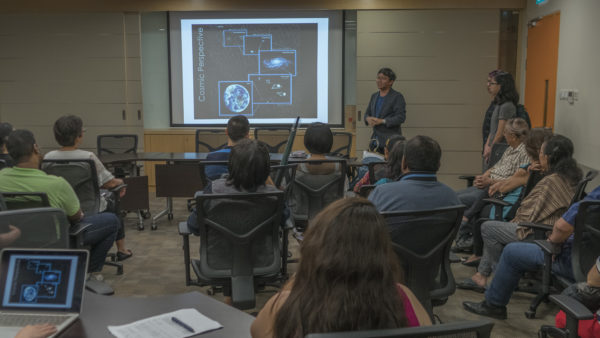
Astronomy 101

History and lores of the Mid-Autumn Festival
The difference between Astrology and Astronomy , is that only the latter is science. The former claims to be foreknowing, but the only thing it gets right is the constellation name, and even that is specific to the night skies of the Northern Hemisphere. In the scientific studies of the extra-terrestrial , Astronomy, the full spectrum of the electromagnetic waves are used. An IR biased camera was used to capture some of the evening’s shots.
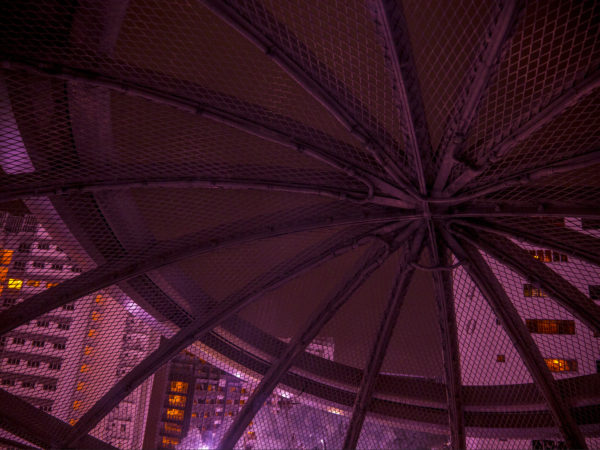
The steel-meshed canopy at the top of Woodlands Galaxy Community Club
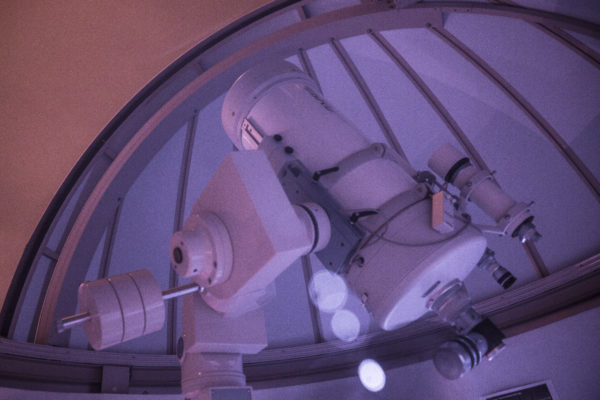
The telescope proper
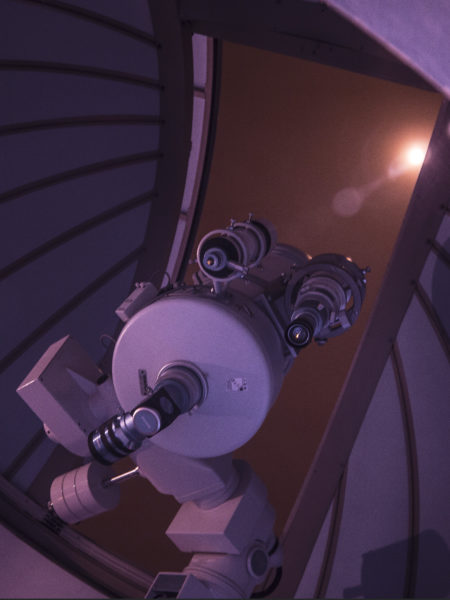
The telescope pointed at the moon
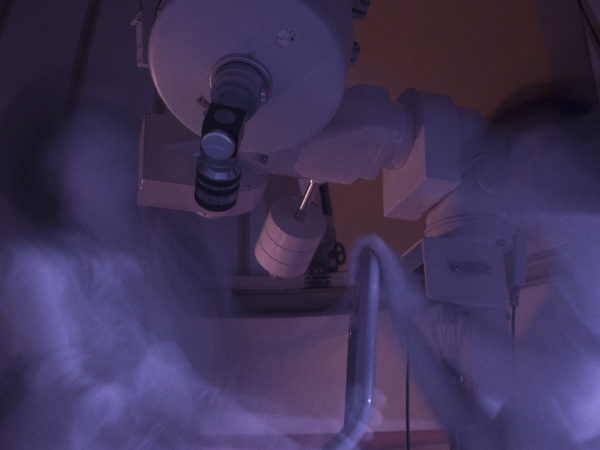
Ghostly images of the moongazing activity around the telescop
Science pegs reality. People continue to use the lunar (almanac) calendar for tidal predictions, and in agrarian societies. It is no secret that the moon only has the same side facing the Earth because of tidal lock. We are also fortunate that we live in an epoch where the moon, when she comes between us and the Sun, casts just the right shadow for an annular solar eclipse. We do live in interesting times, and if we can let go of the dogma that all these were part of the divine plan, we would realize that it is not, and that our own appreciation of these peculiarities of our times make us special and unique.
The event came to a sweet conclusion with tasting of moon cakes, both the snow-skinned and the Teochew flaky crust version, courtesy of our lovely host, the People’s Association.
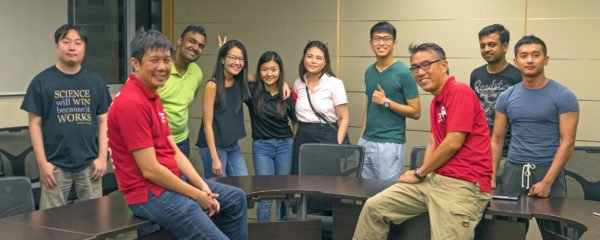
When people recognise that we are distant cousins, and are linked by cultures that are very different and yet celebrating the Sun and the Moon in such similar ways, perhaps we will lower our guard, for us to celebrate reunion than confrontation, and that we really have no real qualms with each other. That is real community engagement, and conflict mitigation becomes superfluous.




